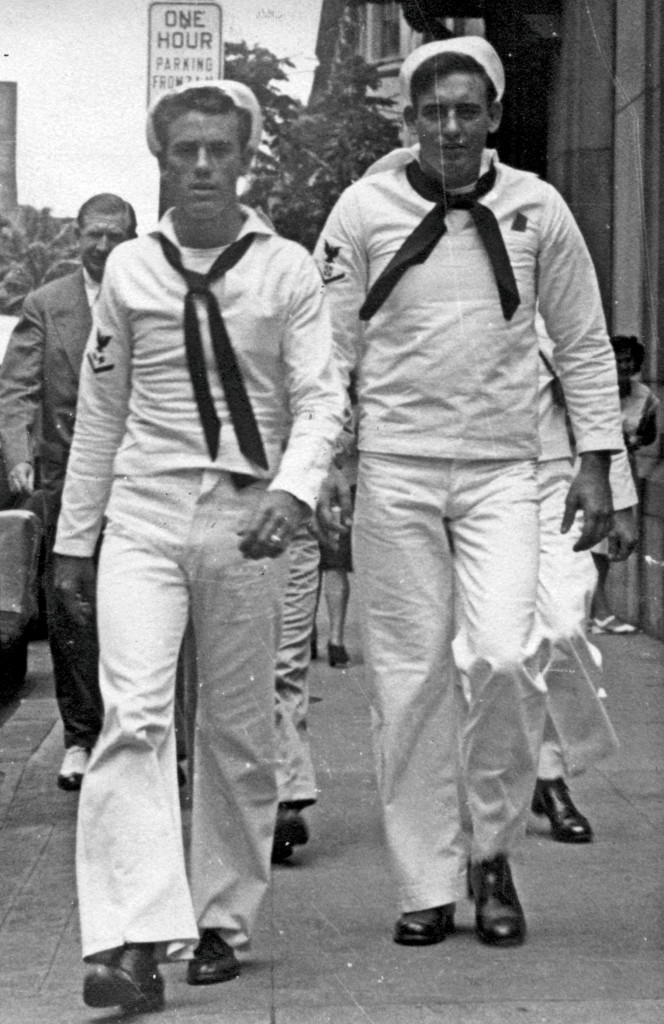“Some people still think that there’s an “Islamo-fascist tyranny” somewhere that hates our freedoms and can organize Islam-dom into a coherent fascist state… There’s just no way. Al Qaeda and the Taliban aren’t true “fascists.” Fascists can at least make trains run on time. Even Communists were better-organized. The mujihadeen have no organized army and no industrial policy and they don’t know where to find any. Because God was supposed to handle all that for them. You’re supposed to die nobly in a crowd of unwitting strangers, and then God’s supposed to make that all better. That’s the big plan.”
“But when you blow up the china shop, God doesn’t reassemble the plates for you. Being faith-based doesn’t trump reality.”
“Now the Americans have clearly lost the thread… the Americans are really just horribly out of it, they’re like some giant fundie Brazil, nobody takes their pronunciamentos seriously or believes a word they say… Whereas the world is much more seriously global now. China and India are real players, they’re part of the show and they matter.
“Serious-minded people everywhere do know they have to deal with the resource crisis and the climate crisis. Because the world-machine’s backfiring and puffing smoke. Joe and Jane Sixpack are looking at four-dollar milk and five-dollar gas. It’s hurting and it’s scary and there’s no way out of it but through it.”
From Bruce Sterling’s State of the World, 2008

